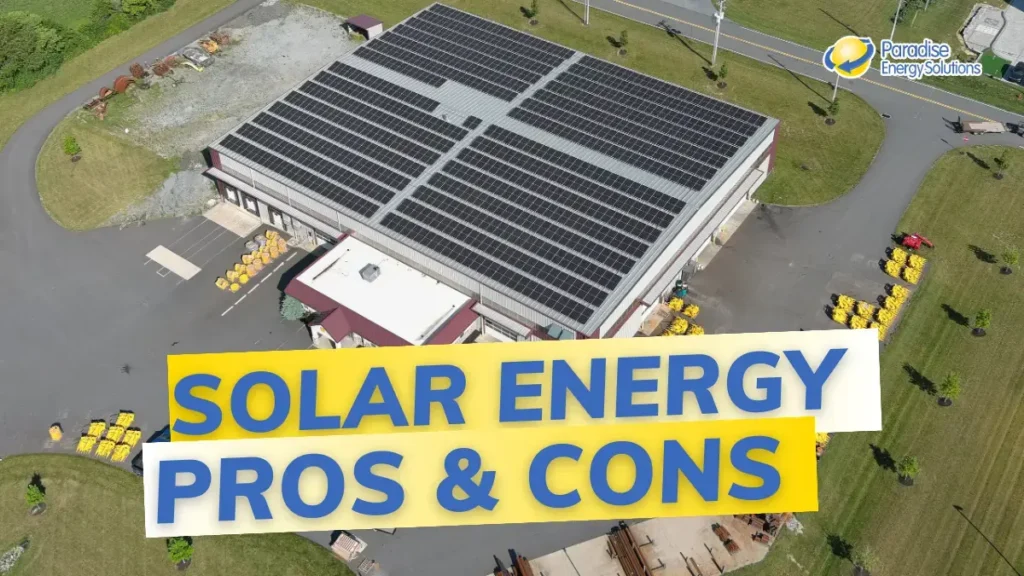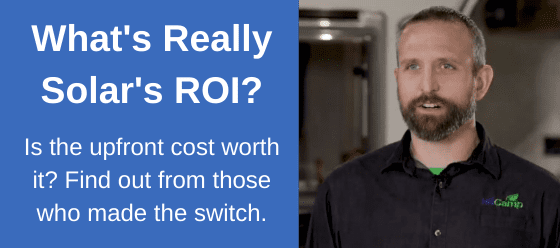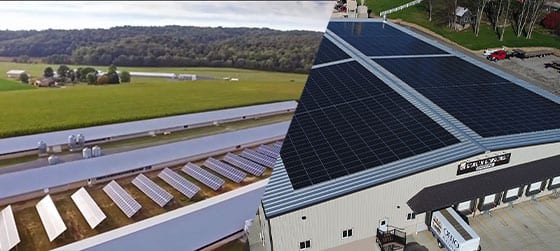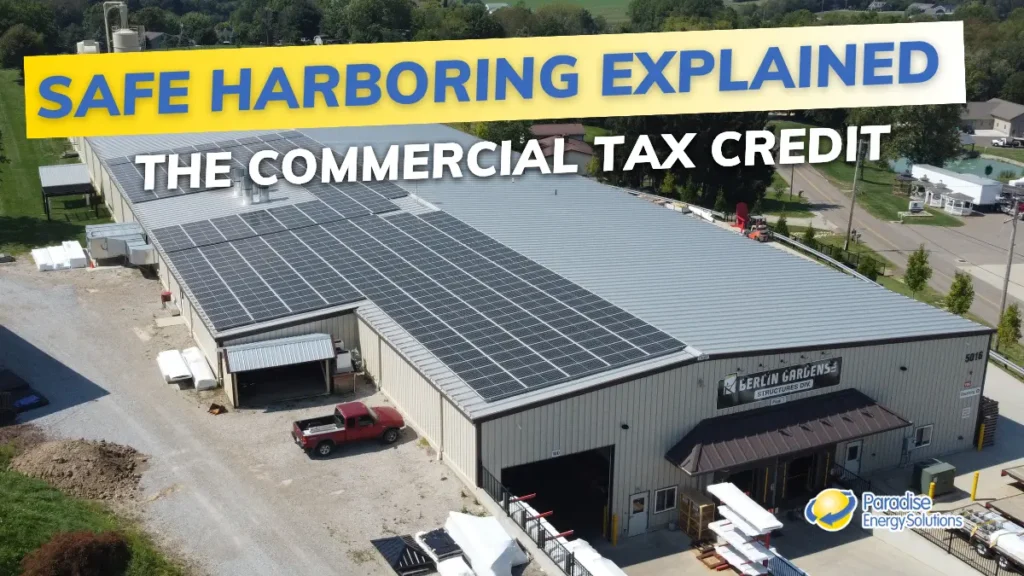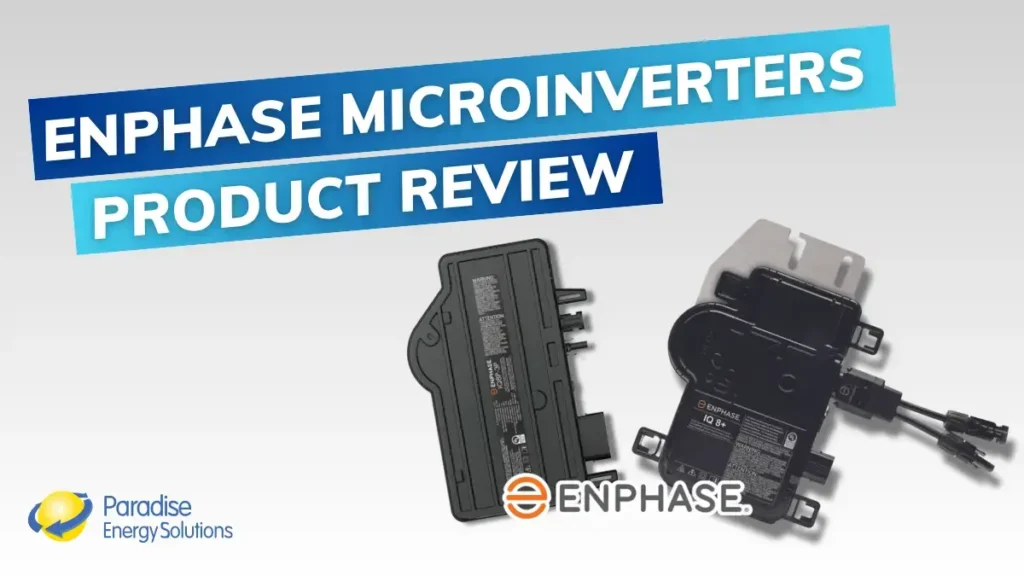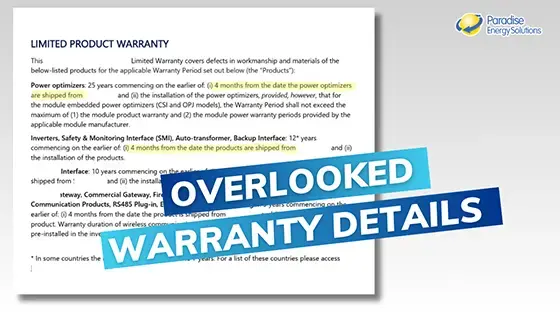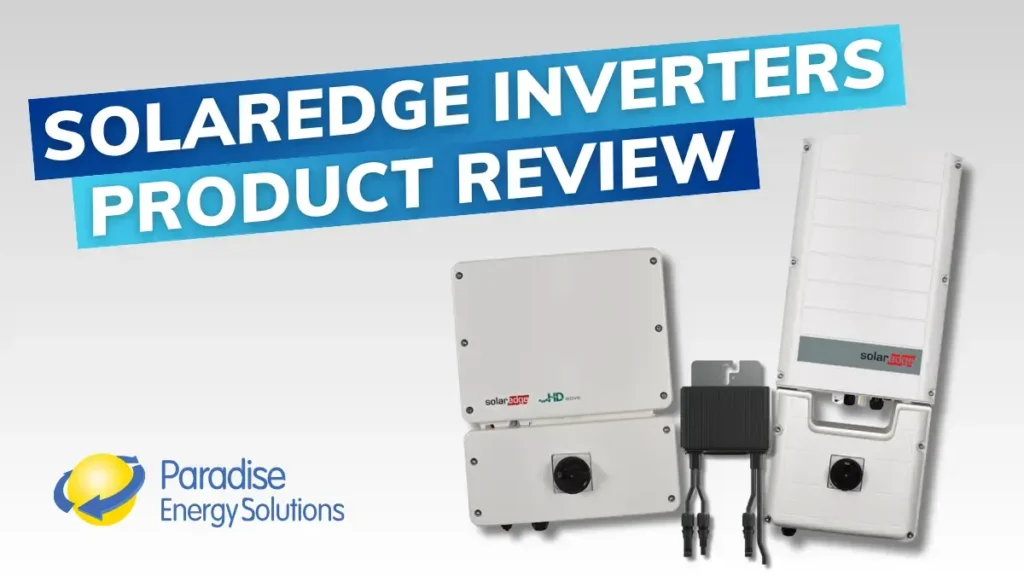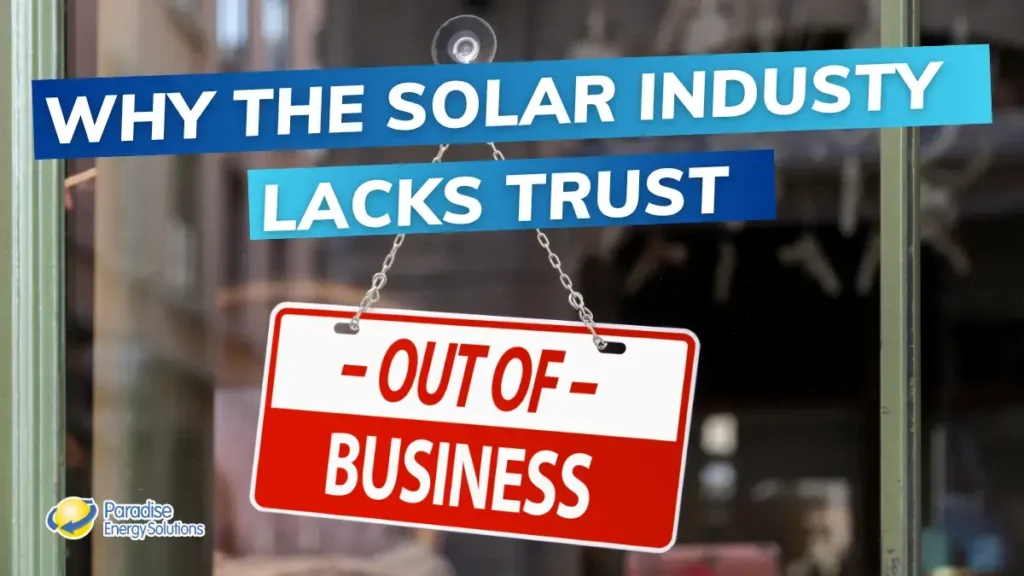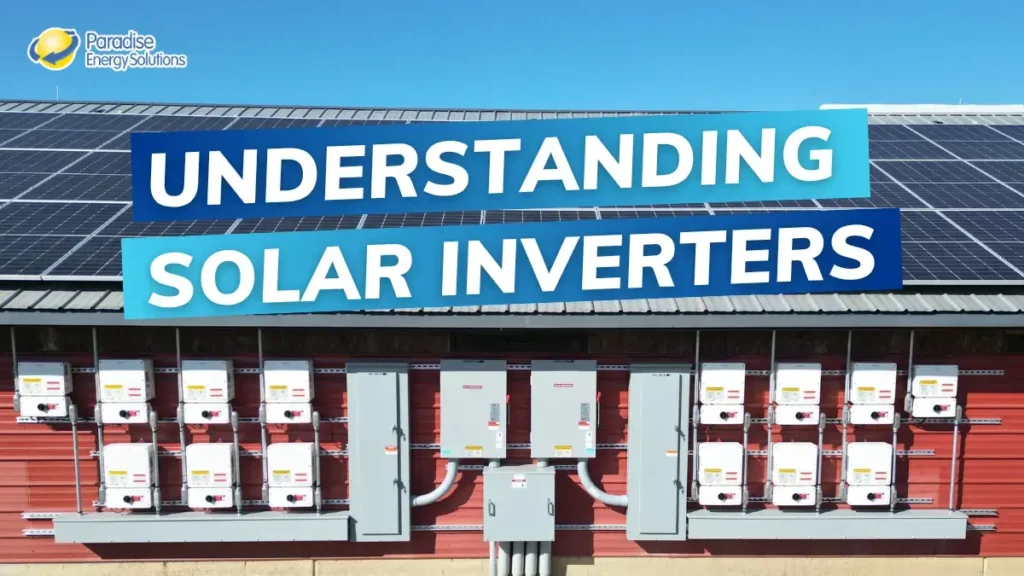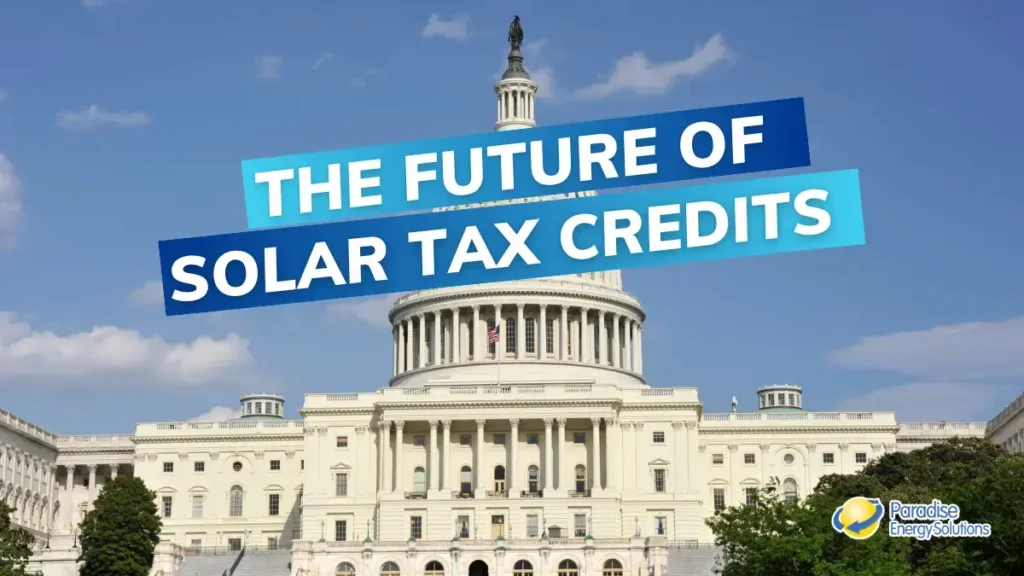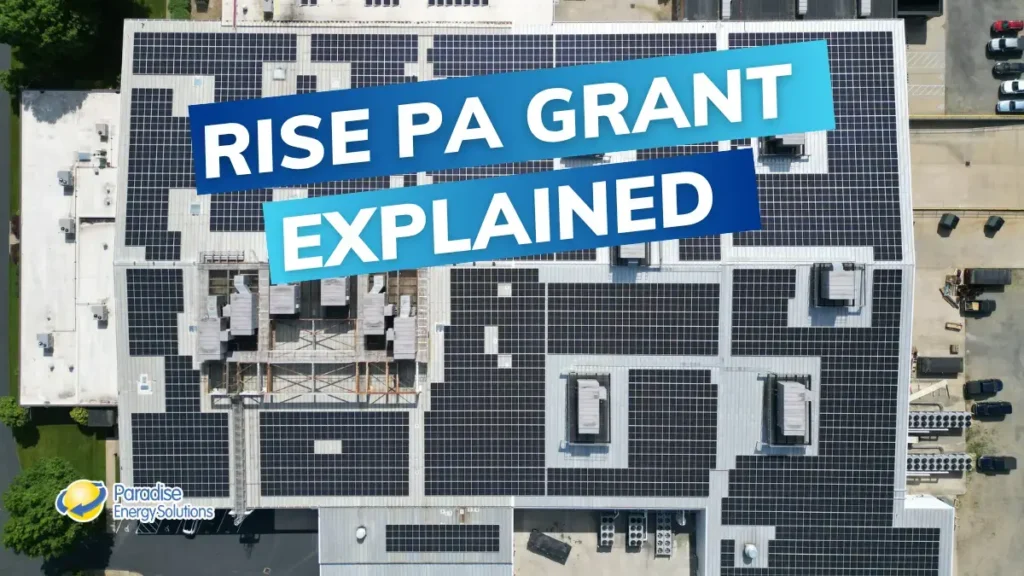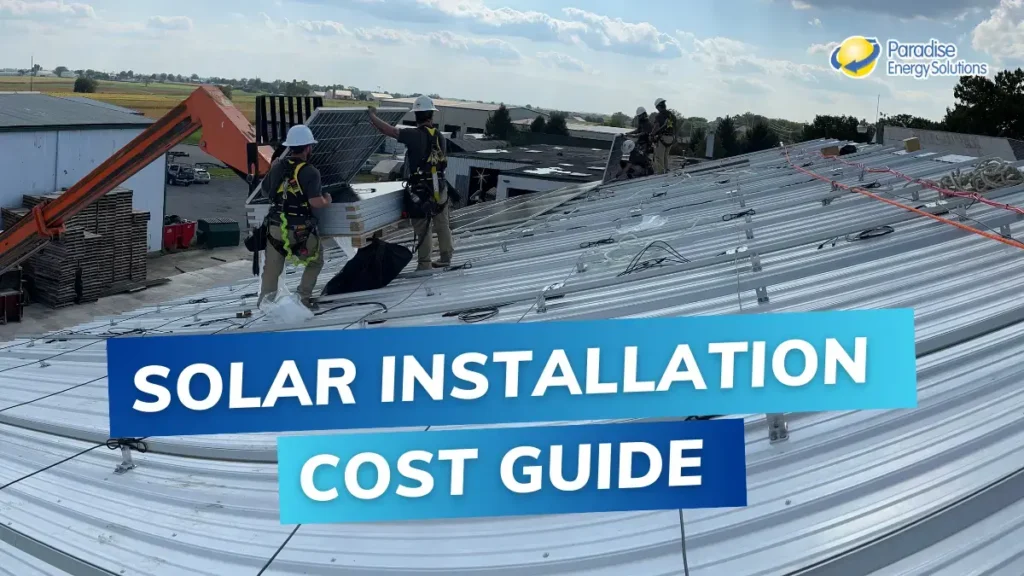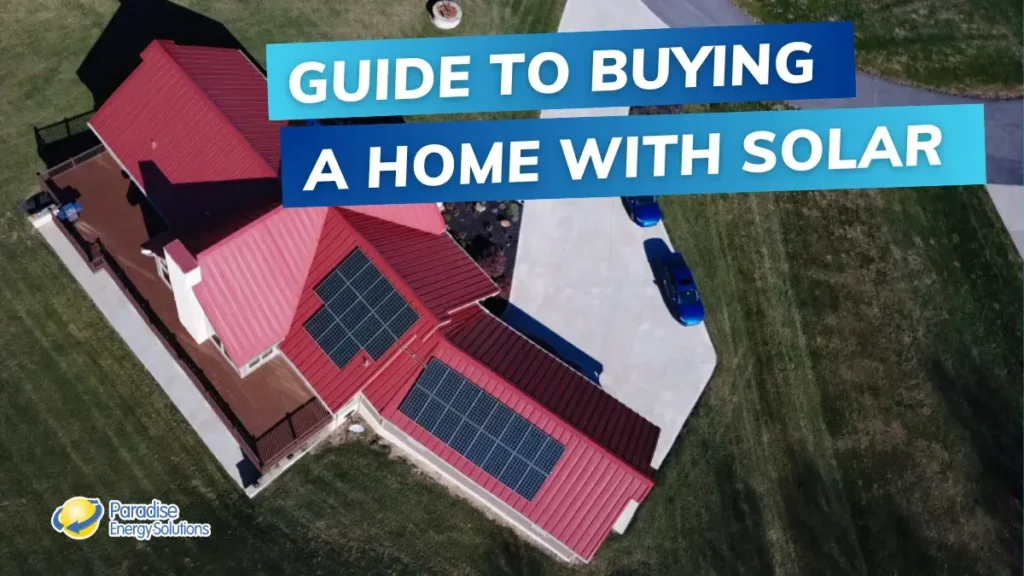Is going solar a good idea in 2024? The answer to this question can vary for each situation. Being a solar installation company, it is our mission to help you save money with solar. However, we realize there are pros and cons to going solar and it’s not an investment everyone should make. Keep reading to learn more about the specific advantages and disadvantages of solar power.
Quick Pros and Cons of Solar Energy
Advantages of Solar Energy
- Reduces an Expense
- Protects You from Rising Electricity Rates
- The Financial Return Is Front Loaded
- Solar Will Grow Your Bottom Line
- It’s Sustainable
- It’s a Set-and-Forget Solution
Disadvantages of Solar Energy
- No Electric If the Grid Goes Down
- The Initial Cost Can Be Intimidating
- Sunshine is Required
- Space is Required
- Can Reduce Curb Appeal
Pros: Advantages of Solar Energy
1. Reduces An Expense
Solar will reduce your electric bill and give you control over a fixed cost.
Imagine opening up your electricity bill and seeing that you owe next to nothing. Imagine that happening for 30+ years. With solar, you can make that a reality. Whether you’re looking to install a solar panel system for your home, business, or farm, it will put you in control of a recurring, and oftentimes unavoidable, monthly bill.
2. Protects You from Rising Electricity Rates
With solar energy, you’ll purchase less or no electricity from the utility, meaning you no longer need to be concerned about rising electric rates.
Residential electricity rates have increased by 38% since 1990. While rates vary from region to region, it’s pretty likely that over time, electricity rates will only continue to go up. Investing in solar now will keep you safe from any future increases in electricity rates.
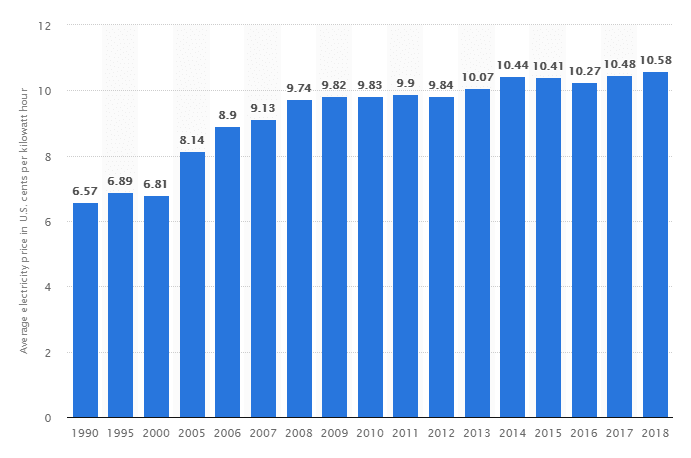 Chart courtesy of: https://www.statista.com/statistics/183700/us-average-retail-electricity-price-since-1990/
Chart courtesy of: https://www.statista.com/statistics/183700/us-average-retail-electricity-price-since-1990/3. The Financial Return Is Front Loaded
With cost-saving incentives like tax credits, grants, and accelerated depreciation, you can quickly recover a large portion of the install cost in year one.
The federal tax credit, which is 30% for residential systems and potentially greater for commercial systems, allows you to recoup a substantial portion of the system’s cost back on your owed federal taxes. Additionally, businesses and farmers can take advantage of the depreciation benefits, accelerating 60% of the federal depreciation. Various grants and other incentives are also available.
All these incentives can be utilized in the first year, returning a significant amount of money to your business to pay off the solar system or to reinvest elsewhere.
Some states also have additional benefits that can be used. Visit our location pages for information on grants and incentives in your state.
4. Solar Will Grow Your Bottom Line
The savings generated by a solar system will drop straight to your bottom line.
Solar energy helps you eliminate a cost. Let’s compare that to revenue growth, where only a portion drops to your bottom line. For example, a $10k growth in revenue with 10% margins will only add $1,000 to your bottom line. $10k of savings from solar will add $10k to your bottom line. There are no material or labor costs eating into your savings.
5. It’s Sustainable and Clean
As long as the sun continues to shine, your solar system will produce clean, emissions-free energy.
Solar panels don’t use any fossil fuels or give off any emissions while they’re producing electricity. Everyone from your children to your customers will appreciate it, which is a claim backed by Neilsen research.
6. It’s A Set and Forget Solution
There are no moving parts to a solar system, so the maintenance and upkeep will be minimal.
After installation is complete and the system is energized, you can just sit back and let it go to work. For many, there’s no added benefit to cleaning dirt and grime off your panels or snow that accumulates on them.
If something would go wrong, it’s likely under the manufacturer’s warranty. Most panels come with 25 or 30-year warranties. Inverters come with 10,12,15, 20 or 25-year warranties.
For added peace of mind, look for an installer with a top-of-class installer warranty (like Paradise Energy’s Triple Ten Guarantee). Not only will we monitor your system to ensure it’s working properly, but we’ll fix any issues, and we put our own money behind our work. If your system doesn’t produce what we say it will, we’ll write you a check for the difference.
Cons: Disadvantages of Solar Energy
1. No Electric If the Grid Goes Down
If the electric grid goes down, your solar system will shut down unless you have a battery backup system.
While your solar system can generate electricity from the grid, you won’t have electricity in the event of a power outage, unless you’ve invested in a battery backup.
Due to safety regulations for grid-tied solar systems, each system must be installed with rapid shut down components that will keep electricity from back-feeding into the grid. This means if the electric grid goes down for any period of time, your system will shut down until power is restored to the grid. This is required by law to protect those who are working on the electric lines.
2. The Initial Cost Can Be Intimidating
Solar is a significant investment that requires up-front capital or access to financing in order to save over the long-term.
The average cost of a commercial solar system between 50 kW and 200 kW will be $135,000 to $430,000 before any tax incentives or grants are utilized. After incentives, a business can expect to pay between $65,000 and $210,000 for a system in this size range.
Solar panels for a home will cost between $25,000 and $50,000 before incentives are utilized. After utilizing the 30% federal tax credit, homeowners can expect to pay between $18,000 and $38,000 for solar panels.
These upfront costs cannot be ignored, but the available tax incentives and grants can help significantly.
To learn more about the cost of solar, check out our blog post: How Much Do Solar Panels Cost to Install?
3. Sunshine Is Required
Your solar panels won’t produce electricity if it’s very cloudy or at night.
Solar panels need sunlight to produce power. Your system will produce little to no power on cloudy days and at night. At those times, electricity is pulled from the grid, but that doesn’t mean you can’t use solar panels to provide 100% of your electricity.
Net Metering (or the VDER Value Stack if you’re in New York) allows you to switch from ‘solar power’ to ‘grid power’ depending on the production of your solar system. Acting as basically free storage, you’re able to trade the value of an unused kilowatt-hour (kWh) produced by your solar system for a kWh from the grid while your system is not producing.
And if you live in an area that isn’t well known for sunshine, that doesn’t mean solar isn’t for you. Your installer should factor in local weather patterns when determining your system’s payback, so you’ll get a realistic picture of what solar can do for you.
4. Space is Required
Whether a roof mount or ground mount, space is needed to install the panels.
In many instances, solar panels can be installed on your roof, utilizing unused space. However, in some situations, a ground mount may be the better option, though it may be installed in an area that could be used for other activities.
5. Can Reduce Curb Appeal
Depending on your tastes and where the system is installed, it can stand out.
Depending on the placement, type of panels used, and quality of the installation, solar systems can stand out and be unattractive. However, there are a few things you can do to take advantage of solar energy’s savings while still keeping your business, farm, or home looking great. And when it comes down to it, it’s been pretty firmly established that solar panels actually add value to your property.
Check out our tips for an attractive-looking solar system.
Solar Energy FAQs
What is solar energy?
Solar energy is the power derived from the sun’s rays, harnessed using solar panels. These panels convert sunlight into electricity, providing a renewable and sustainable energy source for homes, businesses, and farms.
Does solar energy help or hurt the environment?
Solar energy helps the environment by producing clean, emissions-free electricity. Unlike fossil fuels, solar power doesn’t release harmful pollutants, making it a sustainable choice that reduces your carbon footprint.
Why is solar power expensive?
Solar power can be expensive due to the initial costs of purchasing and installing solar panels and related equipment. However, these costs are offset by long-term savings on electricity bills and various financial incentives like tax credits and grants.
Who is a good fit for solar energy?
Solar energy is an excellent fit for homeowners looking to reduce their electricity bills and gain energy independence, particularly those with ample roof space and high electricity usage. Farmers and businesses can also greatly benefit from solar energy by lowering operational costs, protecting against rising utility rates, and demonstrating a commitment to sustainability. Those with access to financial incentives or favorable sunlight conditions will find solar especially advantageous.
To learn more about whether farmers are a good fit for solar energy, read our blog: The Pros and Cons of Solar Energy for Farmers.
To learn more about whether businesses are a good fit for solar energy, read our blog: The Pros and Cons of Solar Energy for Businesses.
Should You Install Solar Panels?
To sum it all up, solar energy is a low-maintenance source of clean energy that’s good for the environment and your bottom line, from year one to year 30 and beyond.
However, while there are many benefits of solar panels, it’s important to understand and consider solar’s challenges as well. Without a battery backup system, you need the grid to be up and running to use the power they produce. They also require an upfront investment, sunshine, and space.
Don’t stop your solar journey here. Download our solar buyer’s guide for answers to many of the common solar questions. Then calculate your solar cost and savings with our solar savings calculator.
Originally published June 6, 2018. Updated March 11, 2020
